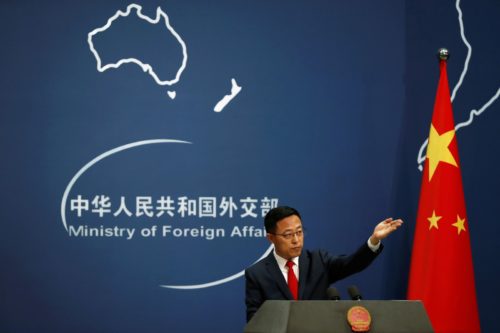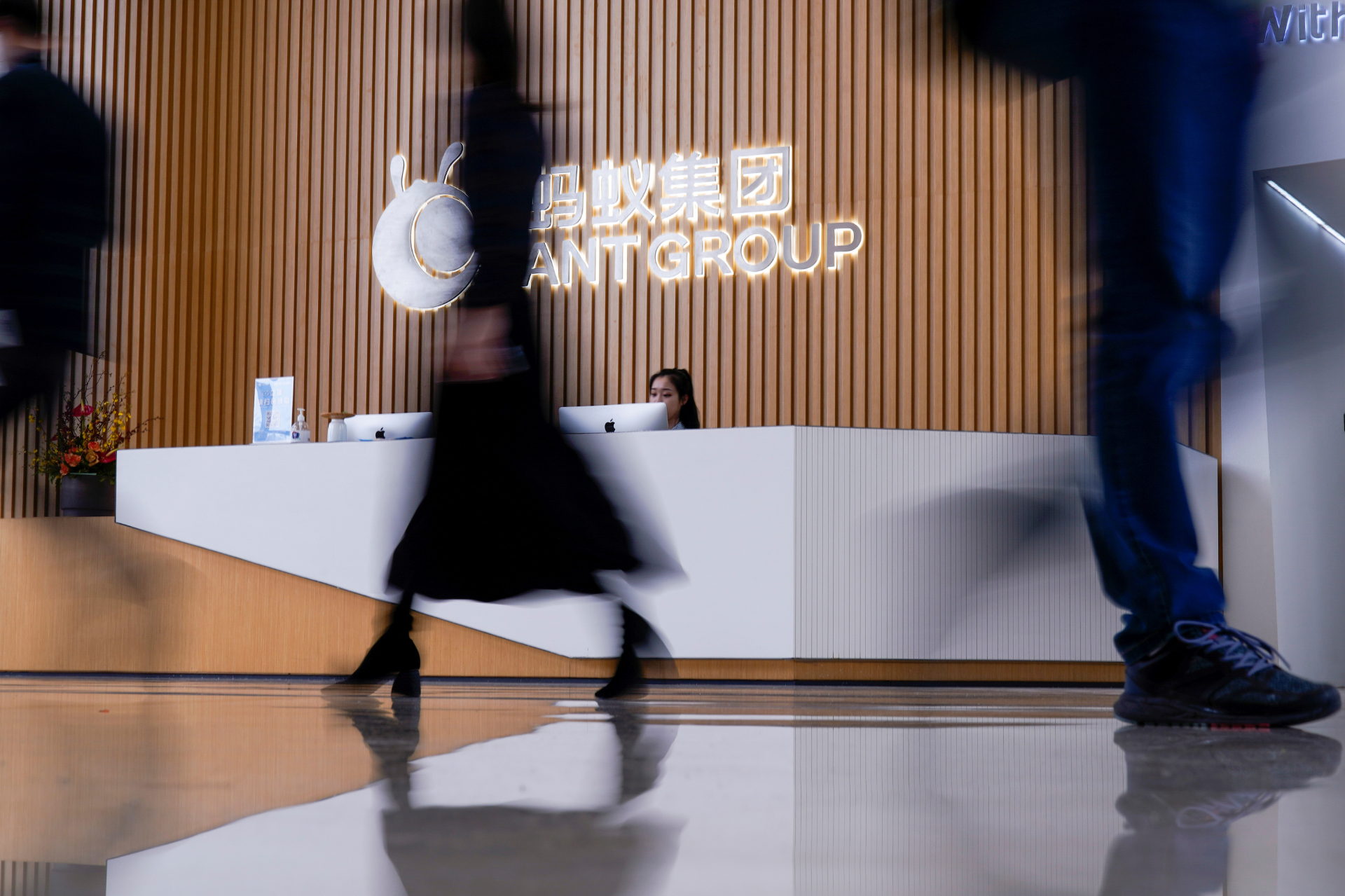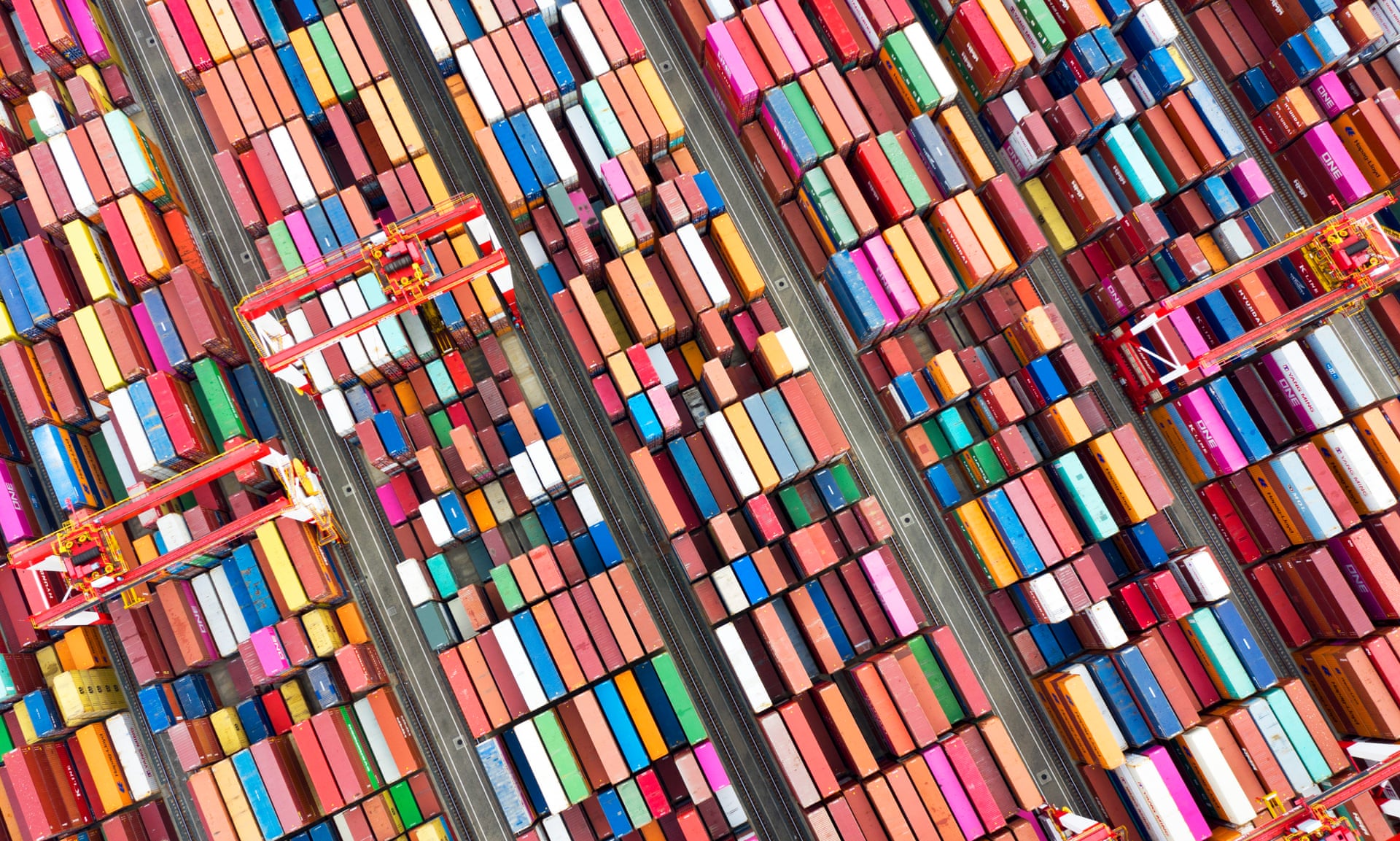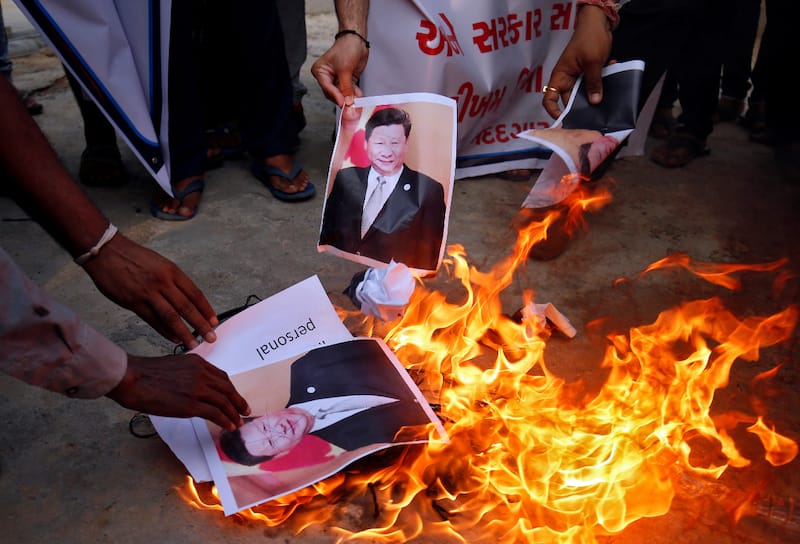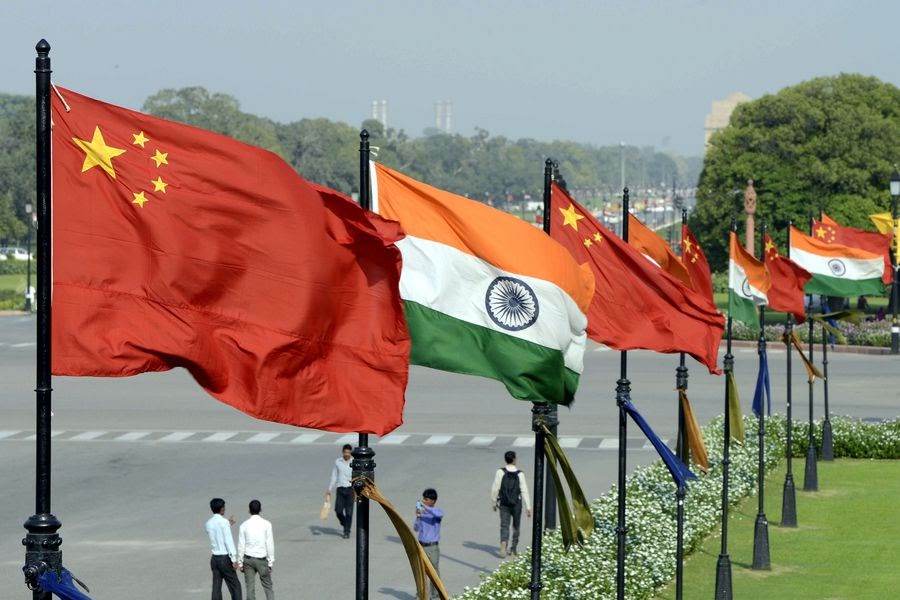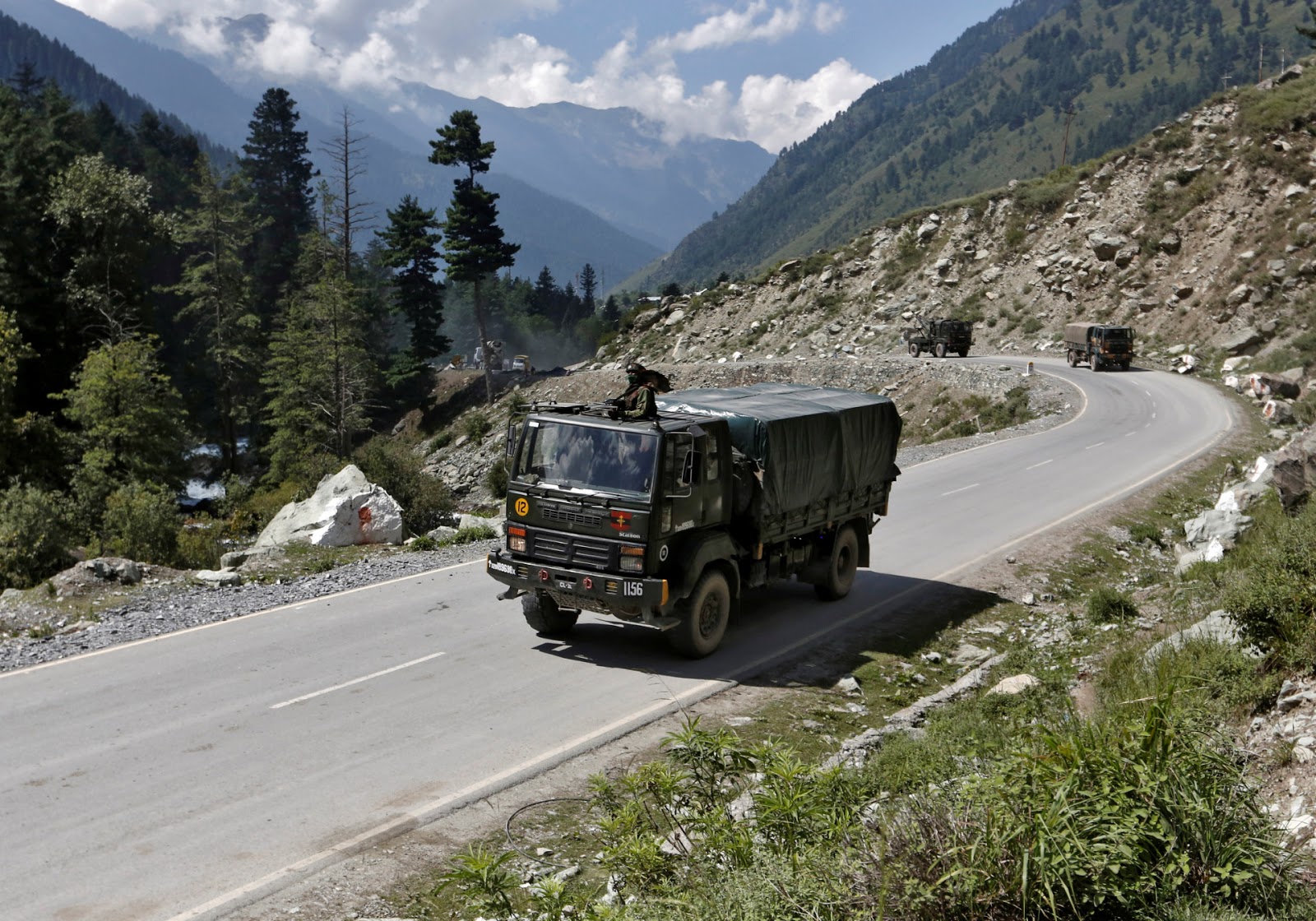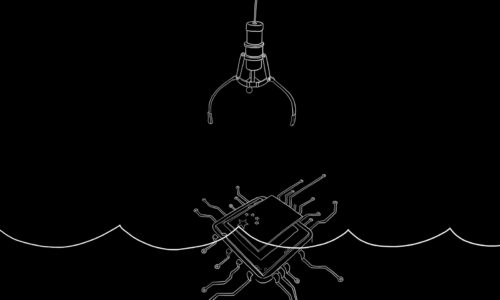Introduction by Jeremy Goldkorn, The China Project Editor-in-Chief
An annus horribilis, but not for China — 2020 in review
The year 2020 was an annus horribilis for almost everyone across the globe. But who had a good year? Many white-collar workers, and the global 10 percent who can work from home did fine. A few billionaires did very well. So did China.
There is lingering reputational damage to China for its handling of COVID-19 in the weeks before it became a global pandemic. The Communist Party’s tight control of research into the origins of the coronavirus betrays its sensitivity to that damage. But China is emerging from COVID-19 stronger than it has been for centuries: Its economy has bounced back, the coronavirus is under control, and many — inside and outside China — are convinced that its authoritarian system led by strongman Xí Jìnpíng 习近平 has proven superior to Western democracies, exemplified by the United States with its 4,000-plus-a-day death toll from COVID-19, and buffoonish reality TV politics.
Indeed, Beijing seems more confident than it’s ever been. China is distributing PPE and vaccines around the world, and the new STAR market in Shanghai is minting billionaires and new business models. The Communist Party claimed success in 2020 in eliminating poverty, and looks forward to celebrating its 100th anniversary in 2021 firmly in command of a country enjoying prosperity unrivaled in living memory.
While Americans and Europeans go in and out of lockdown, Chinese people are spending money on domestic tourism in near-pre-pandemic numbers. New outbreaks — there is one in Hebei, the province surrounding Beijing as I write — are being handled efficiently and effectively, if heavy-handedly.
Nonetheless, China remains a fragile superpower. That description is from the title of Susan Shirk’s 2007 book, but it still applies today. As you can see from our summary of the most important events in China in 2020, Beijing faces an increasingly suspicious world, disputes and conflicts with several of its neighbors, and growing global awareness of its harsh repression of minorities and dissenters. The economy may be strong, but it’s full of risks and weak spots.
In this Red Paper, we’ve identified and summarized the most important events and trends of 2020, the stuff that is vital to know if you want to understand China in 2021, the stories in progress, and trends to watch as the coming Year of the Ox unfolds. But first, we make some predictions.
Predictions for China 2021
“Only a fool would make predictions — especially about the future”
— attributed to movie mogul Samuel Goldwyn
You can see our track record of predictions and scenarios to watch in our Red Papers of 2020, 2019, and 2018. We’ve generally done a good job of identifying key trends, although we may not have nailed down specific events. (In our 2019 Red Paper, we identified the risk of new contagious diseases, but in our 2020 paper, published on January 2, we overlooked the early reports of COVID-19 coming out of Wuhan, and missed the possibility of a global pandemic.)
The predictions below may all come true, but it’s probably better to think of them as possible outcomes of recent and past events, or the fruits of social, cultural, and political changes that we at The China Project have been chronicling daily since 2016.
On with our fool’s errand for 2021, the Year of the Ox:
China’s economy will be the world’s fastest growing in 2021. Officials and state media are talking about 8% GDP growth for the year, which would be a good number even without the specter of COVID-19. Pent-up consumer demand and government policies that incentivize consumer spending will play a role in the boomlet, but the Party will make sure growth is good, if necessary by massive government spending.
The wealth gap will worsen, but the Chinese government will take actions to tackle it. These will include rural economic stimulus, real estate policy changes, and pressure on internet companies to pay employees better and offer better terms to fintech customers.
The government will regulate Alibaba, Tencent, and some of China’s other big internet companies with antitrust, banking, and consumer-interest rules. Regulators will walk a thin line between killing the golden goose of innovation in tech and reining in the power of Chinese Big Tech.
- Alibaba and Tencent may be forced to relinquish control of Alipay and WeChat Pay and other fintech operations.
- State-backed and smaller fintech companies may benefit from the government forcibly leveling the playing field.
- Consumers may benefit from rules that mandate better terms for credit or other financial services.
China will make a splashy international launch of the digital yuan. The government will incentivize other countries to use payment systems controlled by China. Alipay and WeChat Pay may find a way to ingratiate themselves with the government and make money by expanding in Africa, Latin America, and the Middle East.
China’s stock markets will continue to boom and mint billionaires with new IPOs. International investor enthusiasm may decrease for the Hong Kong Stock Exchange, but new mainland listings will more than make up for it.
- Uncertainty about the status of Chinese entities in U.S. financial markets will add to Chinese demand for financial markets and services in Hong Kong, Shenzhen, and Shanghai — where the new STAR market will continue to thrive.
Many COVID-19 health check and contact-tracing measures will remain in place, including at China’s borders and airports. Biosurveillance will become a normal part of travel to and within China.
Beijing will continue to repress Hong Kong’s civil society, opposition politics, and critical media.
- Construction of the Hong Kong Great Firewall will begin with the censoring and shutdowns of internet services and content.
- Journalists and activists will be prosecuted for writing and other online activities.
- Media mogul Jimmy Lai (黎智英 Lí Zhìyīng) and a number of other opposition figures will receive lengthy jail sentences on charges related to business activities as well as violations of the new national security law.
China won’t be able to wean itself off Australian iron ore, but Beijing will put a painful squeeze on imports of coal, barley, wine, meat, and other commodities from Australia.
Fewer Chinese students will apply for college in the U.S., thanks to altered expectations of the post-COVID-19 world, and several years of U.S. government moves against Chinese scholars and students on national security grounds. The effect will be similar but less pronounced in Australia, which has mirrored the U.S. government’s attitude and actions on Chinese activities in Australia, but has handled the coronavirus relatively effectively.
New Zealand will have some kind of dustup with China. So far, the South Pacific country led by popular prime minister Jacinda Ardern has — alone among its Five Eyes allies — managed to maintain smooth relations with Beijing. Can this last? China-Germany relations may also suffer a setback as Angela Merkel’s power wanes.
China will legalize and begin to certify genetically modified crops (popularly known as GMOs), and invest heavily in the development of homegrown GMO seeds. This will go along with a government push for hi-tech agriculture.
The private space industry, semiconductor development, and electric vehicles will see record levels of private funding and government support.
An infectious disease will emerge in Southeast Asia. China will offer generous aid and develop drugs or vaccines to treat the new pathogen.
Elsewhere, Chinese-funded vaccination programs and other COVID-19 aid will win China friends and influence all over the world.
The Beijing 2022 Winter Games will become the focus of a boycott campaign from a range of human rights activists and organizations.
There will be no improvement in the human rights situations in Xinjiang and Tibet, nor in the treatment of dissenters, activists, and others who have been targeted in Xi Jinping’s China. The government will adopt increasingly hardline assimilationist policies with regards to minority groups.
India and China will continue their tense standoff at various points along their Himalayan border, but neither country will make a major move. However, an escalation may be caused by a scuffle between tired, cold soldiers on both sides of the Line of Actual Control.
Balochistan separatists will conduct a major attack on Chinese interests on the Belt and Road in Pakistan.



